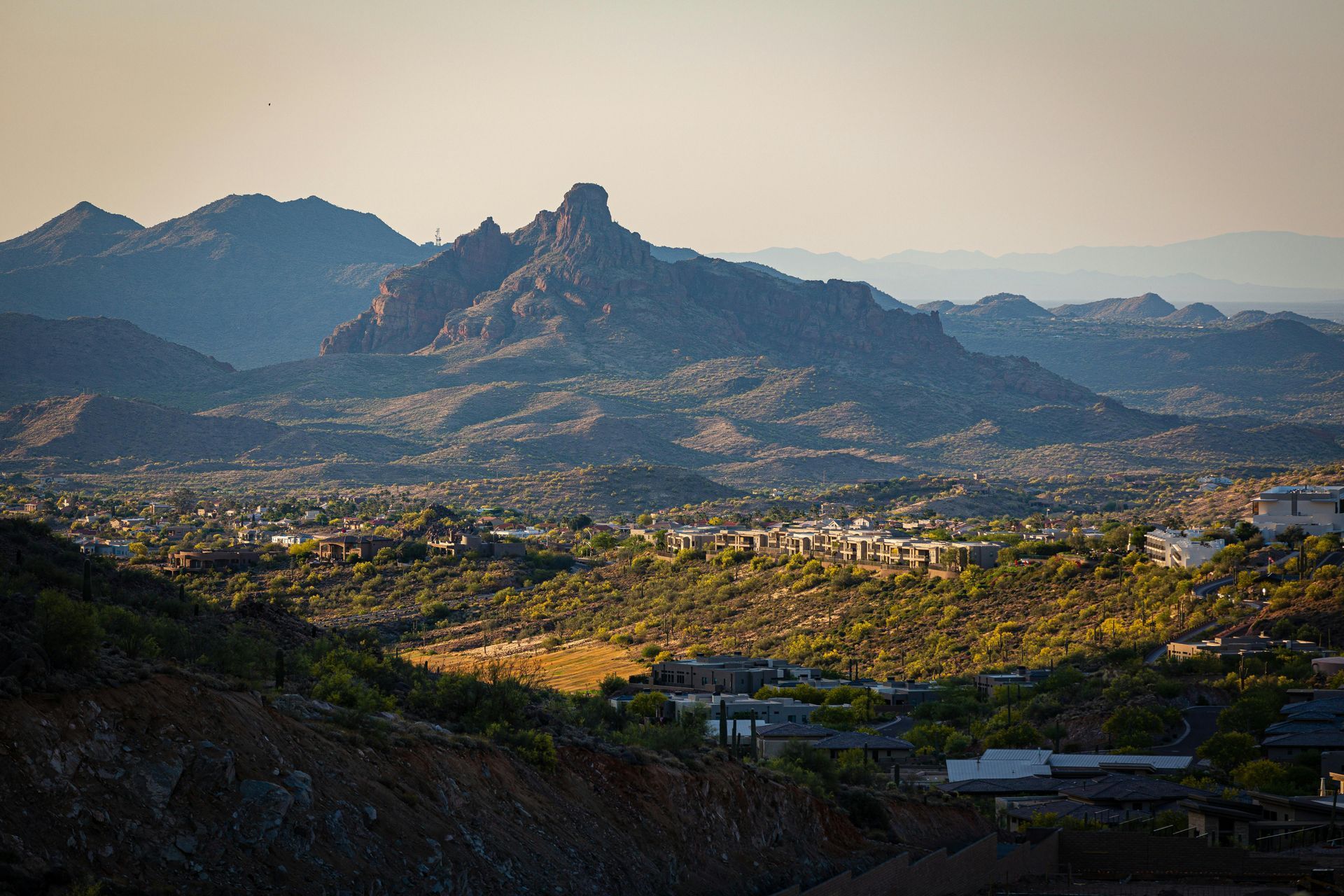Radon in Arizona: What Every Real Estate Buyer and Seller Should Know

Arizona is known for its desert landscapes, abundant sunshine, and unique architecture—but beneath the surface lies an invisible element that more homeowners and buyers need to be aware of: radon. While often overlooked in the Southwest, radon is a real and potentially serious concern in parts of Arizona. Understanding how it impacts residential properties and the steps you can take to test and mitigate it can help protect your health and investment during a real estate transaction.
What Is Radon and Why Does It Matter in Arizona?
Radon is a naturally occurring radioactive gas produced by the decay of uranium in soil and rock. It rises from the ground and can seep into homes through foundational cracks, slab openings, crawl spaces, and even well water. It is colorless, odorless, and tasteless—making it undetectable without testing.
Although radon is more commonly associated with regions like the Midwest and Northeast, Arizona is not exempt. In fact, elevated radon levels have been detected in several parts of the state, particularly in northern counties like Yavapai, Coconino, and Gila, and even in parts of Maricopa County. Arizona’s varied geology means radon risks are not uniform statewide, but localized hot spots do exist.
According to the Environmental Protection Agency (EPA), radon is the second leading cause of lung cancer in the U.S., contributing to more than 20,000 deaths annually. Long-term exposure to elevated radon levels in the home is the primary concern, making awareness and prevention key—especially in real estate.
Testing for Radon in Arizona Homes
In Arizona, radon testing is not yet mandated by state law, but it is strongly encouraged by both the EPA and the Arizona Radiation Regulatory Agency (ARRA). The only way to determine radon levels in a property is through testing, and for home buyers, including a radon test as part of the home inspection is a smart move—especially for properties with basements or crawl spaces.
Testing is simple, affordable, and non-invasive. It can be done using a short-term test (typically 2–7 days) or a long-term test (over 90 days). Short-term testing is common in real estate transactions due to time constraints. Professional radon inspectors use continuous monitoring devices that provide real-time readings and generate a detailed report at the end of the testing period.
What If Radon Levels Are High?
The EPA recommends mitigation if radon levels are at or above 4.0 picocuries per liter (pCi/L) of air. If a test in Arizona reveals elevated levels, there’s no need to panic—radon mitigation is straightforward and highly effective.
Most mitigation systems involve sub-slab depressurization, where a vent pipe and fan system are installed to draw radon gas from beneath the home and release it above the roofline. These systems typically cost between $1,000 and $2,500 depending on the home’s design and foundation type. Many homes in Arizona are built on slab foundations, which makes installation easier in many cases.
Once installed, a mitigation system can reduce radon levels by up to 99%, and its presence can even be a selling point—demonstrating that the home has been proactively cared for.
What Arizona Buyers and Sellers Should Know
For buyers: Always consider a radon test, especially in homes located in higher-risk areas or with basements or crawl spaces. Testing gives you peace of mind and the ability to negotiate for remediation if needed before closing.
For sellers: Conducting a radon test before listing your home can prevent future delays and show potential buyers that you’ve taken their health and safety seriously. If elevated levels are found, installing a mitigation system ahead of time can add to your home’s value and marketability.
Arizona Disclosure Laws
Arizona does not currently require sellers to test for or disclose radon unless they have specific knowledge of elevated levels. However, transparency builds trust. If your home has been tested or has a mitigation system, share that information upfront. It can streamline negotiations and help avoid last-minute complications.
The Bottom Line
Radon may not be top-of-mind when you think about Arizona real estate, but it should be part of every serious home buying or selling conversation. Testing is quick and inexpensive, and mitigation—if needed—is both effective and affordable.
In a market where trust, transparency, and long-term investment matter, understanding radon is more than just a health precaution—it’s a sign of a well-informed and responsible real estate decision. Whether you're moving to the mountains of Flagstaff, the heart of Phoenix, or a peaceful desert suburb, make sure radon is part of your checklist.

